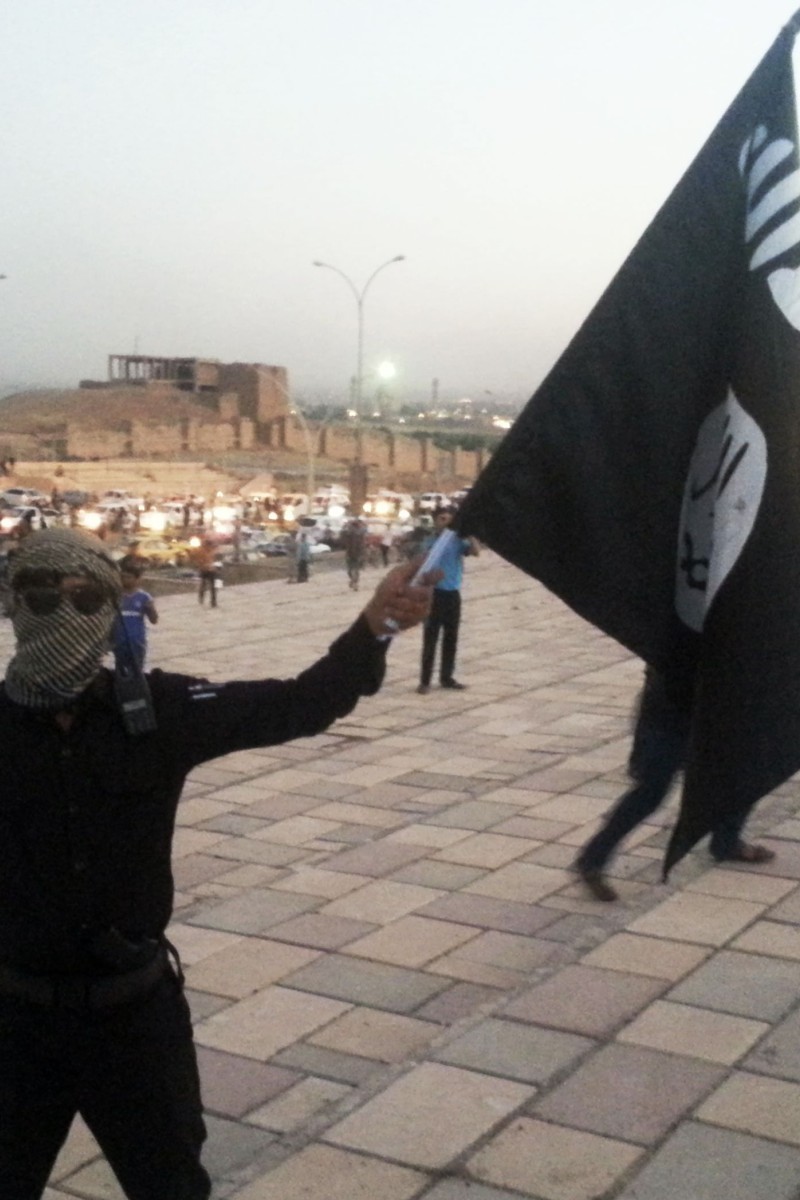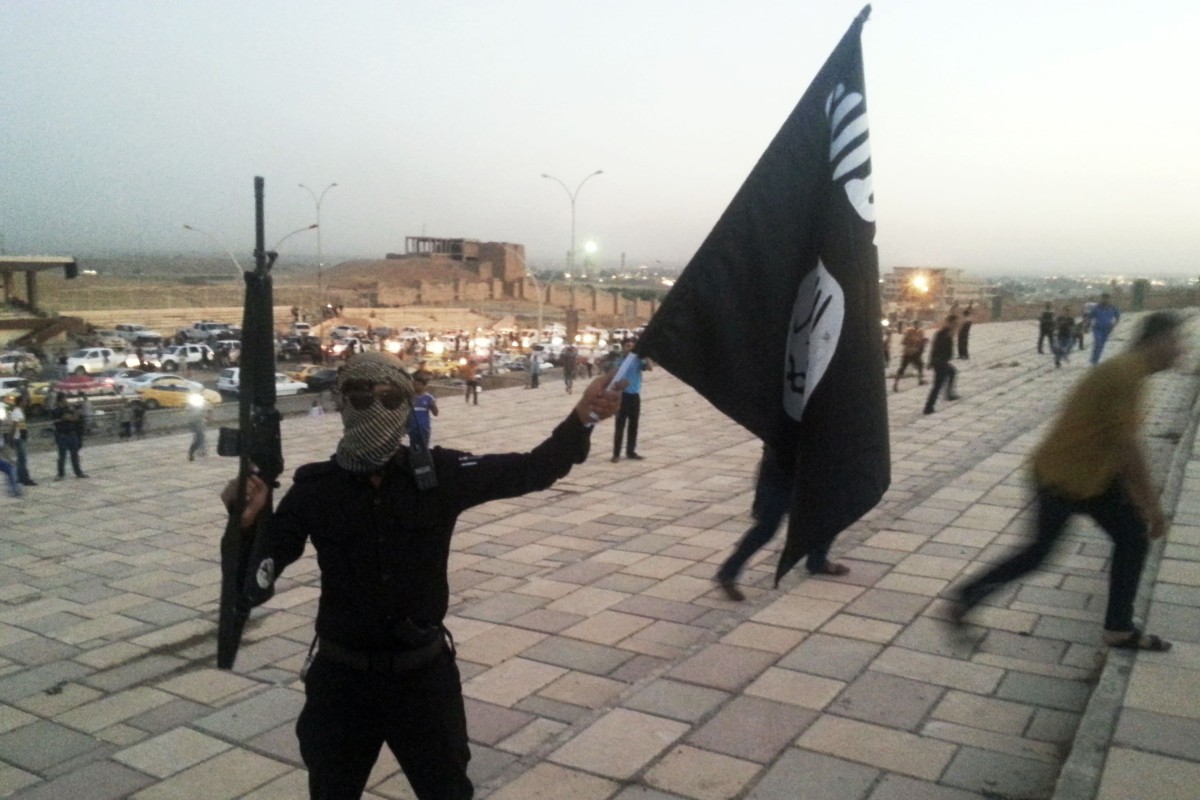
Why the words we use about terrorism are important
Groups such as Islamic State rarely call themselves “Islamists” or “jihadists”, preferring to use neutral words like “Sunni” or “Muslim” instead
 An Islamic State fighter holds a flag and a weapon on a street in the city of Mosul in 2014.
An Islamic State fighter holds a flag and a weapon on a street in the city of Mosul in 2014.The phrase “radical Islamic terrorism” has been the subject of renewed debate in recent weeks.
During his first address to Congress last month, US President Donald Trump said that his administration “is taking steps to protect our nation from radical Islamic terrorism”. The president’s national security adviser, H.R. McMaster, warned that the expression could alienate America’s allies in the Muslim community, while the deputy assistant to the president, Sebastian Gorka, tweeted that the words “radical Islamic terrorism” are “key to victory against global jihadism”.
Where all three agree, and are correct, is that words have meaning and consequences.
This issue is usually approached in US policy debates in terms of the language and concepts which Americans use to describe jihadists. What is less commonly considered are the internal debates on the same topic among both jihadists and Muslim scholars involved in discrediting them. Identifying how jihadists exploit Islamic traditions could lead to a clearer understanding of these groups’ appeal, to smarter ways of defeating them, and to closer relationships with Muslim allies.
It is not enough to simply accept that jihadists belong to a political ideology known as Islamism. Rather, it is more productive to appreciate how jihadists such as Islamic State cultivate a unique and deep “Islamic” appeal to their recruits through their claims to authenticity, their theological language and the sources they use.
Looking at the Arabic publications produced by Islamic State (IS) since 2014, a good number of medieval texts are not violent or jihadist, and belong to the mainstream Islamic curriculum on topics such as grammar, eloquence and poetry. Sometimes, the books are published with no changes. On other occasions, however, the group would insert jihadist themes into otherwise unrelated material – for example, a letter from Abu Musab al-Zarqawi, founder of al-Qaeda in Iraq, was placed into a children’s textbook amid selections from classical Arabic poetry.
By manipulating Islamic literature in this way, the group aims to define its version of an ideal Muslim, and not just a fighter. It is through this effort of creating a curriculum that the group hopes to continue to gain recruits when it finally loses all of its territory.
The question of who is and is not Muslim is something Muslim scholars and leaders do not take lightly, and in fact they shy away from passing judgement on it, both today and in the past.
Excommunication is the core of jihadist doctrine, which cites a minority school of Islamic theology that states that one’s faith is reflected in one’s actions. Jihadists take this view one step further and view any actions that do not align with their narrow understanding of Islam as one’s explicit dissociation with Islam, and then justify violence on that basis.
Most of the world’s Muslims follow what has become the dominant Islamic position: that one’s faith is in one’s heart (which is known only to God) and that verbally affirming one’s faith is sufficient to consider one a Muslim.
In 2014, an “open letter” to the leader of IS, Abu Bakr al-Baghdadi, was signed by 126 Muslim scholars. The letter refrains from calling members of IS non-Muslims. Instead, it examines concepts that IS promotes and shows why the group’s understanding of these is flawed.
The letter’s style and tone reflect those of other voices seeking to discredit IS by focusing on how they misunderstand Islam, but rarely describing the group’s members as not being Muslim, preferring instead to call them “deviant” or “wayward”.
Jihadists keep up with Western commentary and have been quick to adapt their strategies in response to both US policy labels such as “terrorist” and “extremist”, as well as locally sensitive labels such as “Islamists” and “jihadists”. The most successful jihadist groups rarely refer to themselves as “Islamists” or “jihadists”, choosing instead terms such as “Sunni”, “Muslim” or “monotheist” which have more resonance with local populations.
Rather than inconsistently using words such as “militants” and “fighters” or avoiding the connection to Islam altogether with phrases such as “violent extremism,” the United States and its partners could adopt language that accurately reflects the thinking of jihadist groups.